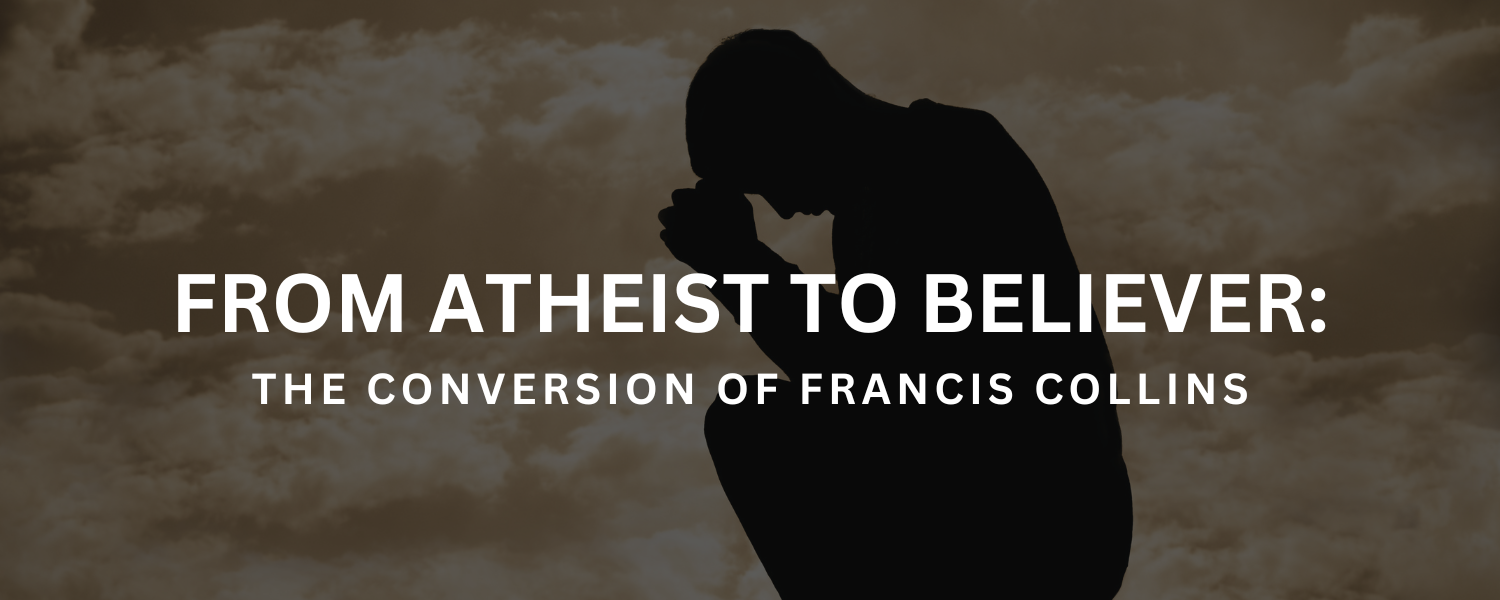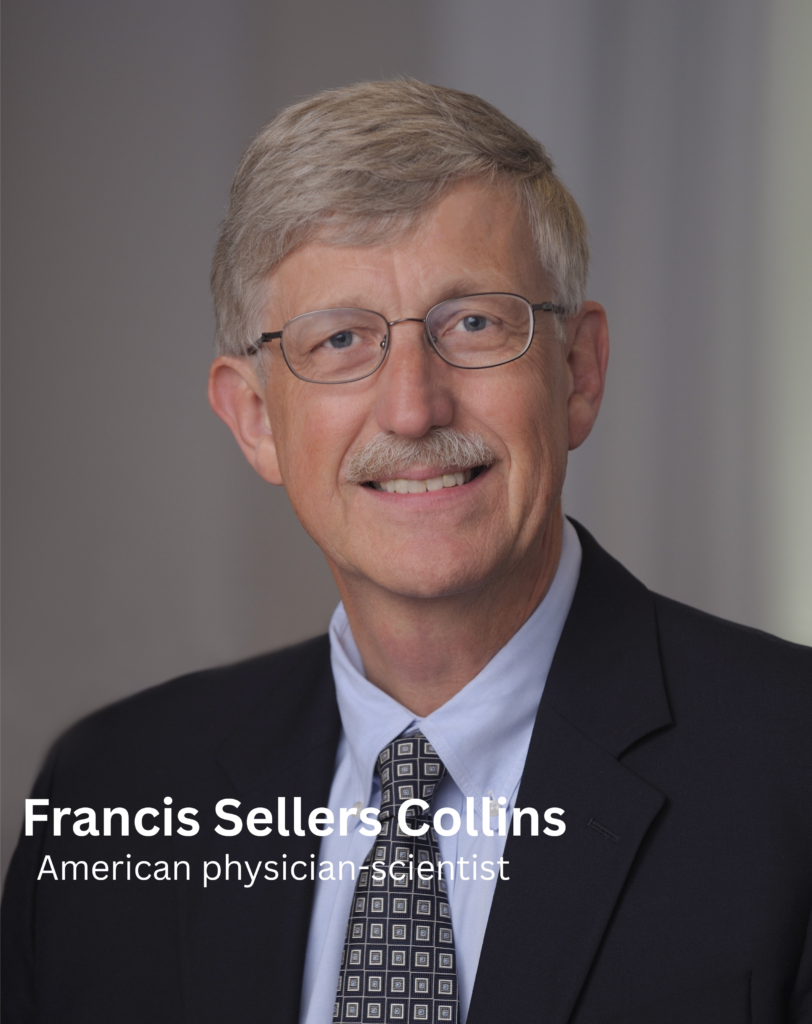From Atheist to Believer: The Conversion of Francis Collins

Francis Collins isn’t just a brilliant scientist—he’s one of the most influential geneticists of our time. As the director of the Human Genome Project, Collins helped map the 3 billion letters of human DNA, advancing medicine and biology in ways once thought impossible. But perhaps even more compelling than his scientific achievements is his personal transformation from atheist to Christian.
Raised in a secular home, Collins embraced atheism during his college years. Science, he believed, had explained away the need for God. But while training as a physician, he found that worldview beginning to feel incomplete. Many of his patients, facing death, clung not to despair, but to a quiet, confident faith. One day, a terminally ill woman asked him, “Doctor, what do you believe?” He realized he had no answer—not one grounded in evidence or coherent thought.
That unsettling moment launched a personal quest. Collins didn’t want comforting platitudes— he wanted truth. Expecting to reaffirm his disbelief, he began reading widely, including the work of C.S. Lewis. Mere Christianity surprised him. Here was a clear, rational argument that Christianity could not only withstand scrutiny, but made a deep sense of human experience—our longing for justice, our moral intuition, our hunger for meaning.
He also came to see the limits of science. As powerful as it is, it can’t explain why the universe exists, why the laws of physics are so precisely tuned, or why we instinctively care about right and wrong. On a hike in the Cascade Mountains, overwhelmed by the beauty of nature, Collins says he experienced a moment of spiritual clarity. At 27, he committed his life to Christ.
In The Language of God, he describes how his faith didn’t mean rejecting science—but fulfilling it. He argues that belief in God is not only compatible with science—it can be a logical conclusion of it. Through BioLogos, Collins continues to engage both skeptics and believers, encouraging open, respectful dialogue between faith and science.

His story invites an honest question: if someone at the top of the scientific world found faith not in spite of evidence but because of it—shouldn’t we at least be willing to look?
Curious? Start here:
- What do you believe about the origin of morality, meaning, and the universe?
- Have you ever read Mere Christianity by C.S. Lewis? Why not see what changed Collins’s mind?
- Check out The Language of God if you’re looking for a scientist’s take on belief in God.
The journey to truth is worth taking—wherever it leads.
Be the first to comment